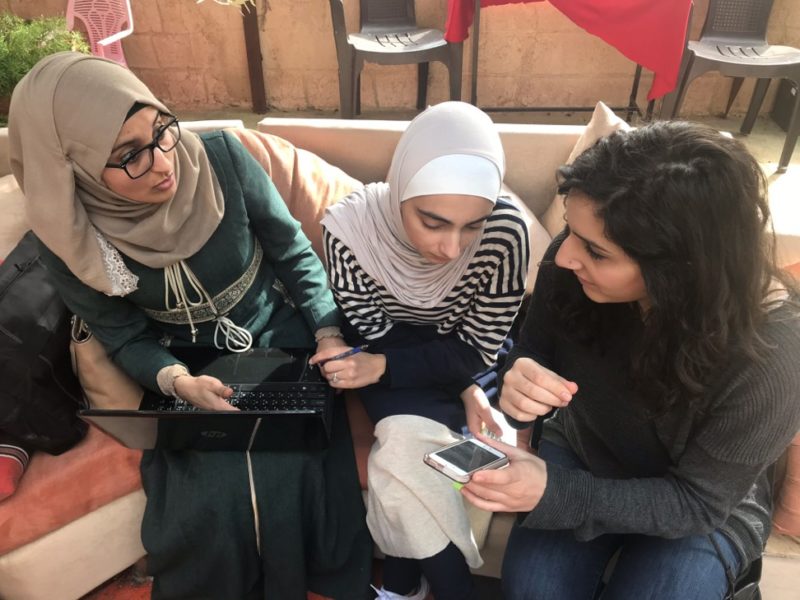Restoring Social Bonds: Group-Based Treatment and the Social Resources of Syrian Refugees
Restoring Social Bonds: Group-Based Treatment and the Social Resources of Syrian Refugees Heading link
-
Project Site Location
Amman and Zarqa, Jordan
-
UIC CGH Faculty Contact
Mary Bunn, PhD, LCSW
Project Summary Heading link

Forced migration contributes to social-relational losses by separating families, changing family roles and disrupting connection to community. While a number of individual psychotherapies have demonstrated positive effects on individual mental health problems, group-based mental health interventions show promise for addressing the social and interpersonal consequences of war and forced migration. Group-based interventions can lead to the development of new relationships, reduce social isolation and reestablish a sense of trust and social connection ruptured by forced migration and torture. Groups, moreover, can provide opportunities for social interaction that counteract marginalization and may recreate aspects of home lost to displacement or resettlement. Actualizing the potential of group interventions for refugees, however, requires examination of if and how they create interpersonal changes in their lives.
This study is led by Dr. Mary Bunn and conducted in collaboration with the Center for Victims of Torture (CVT). The first part of the study explores the social-relational consequences of war, political violence and displacement on social resources of Syrian refugees. The second part of the project examines the role of social connection in group-based interventions including examining the nature and quality of relationships that develop within the group setting, relational processes and if and how participation changes social resources.